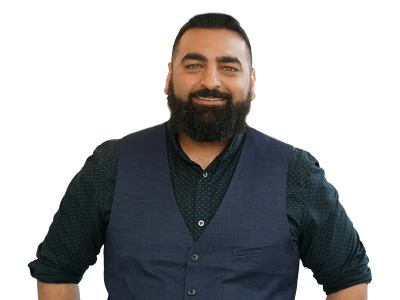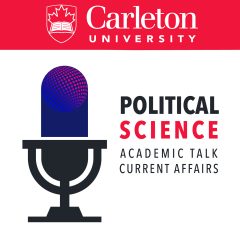The Carleton University
Political Science Podcast — Let the conversation begin
Politics is about more than just policy and governance — it touches nearly every aspect of our lives. To help you make sense of the political world around us, the Carleton University Political Science Podcast “Academic Talk Current Affairs” features expert analysis on the state of politics and global affairs from the faculty and graduate students.
Join PhD candidate Asif Hameed each week as he discusses and brings to light issues that matter with academic experts, offering dynamic perspectives on the current affairs of an ever-changing world.

About the host, Asif Hameed
Being the voice of, and helping to develop, research and produce the podcast at the Department of Political Science has been a fantastic opportunity, especially in light of my return to grad school to complete a PhD in Political Science at Carleton. This incredible journey brings back memories of my years in the field, tapping into and stretching journalistic muscles while working as a freelance journalist. I’ve been part of some of this country’s most prestigious news and media organizations, whether pounding the pavement as a community election correspondent for the Toronto Star or chase producing for CBC Radio.
As the Political Science podcast’s host, I discuss and bring to light issues that matter with academic experts each week, offering a dynamic, intriguing perspective on the current affairs of an ever-changing and ever-challenging world.




